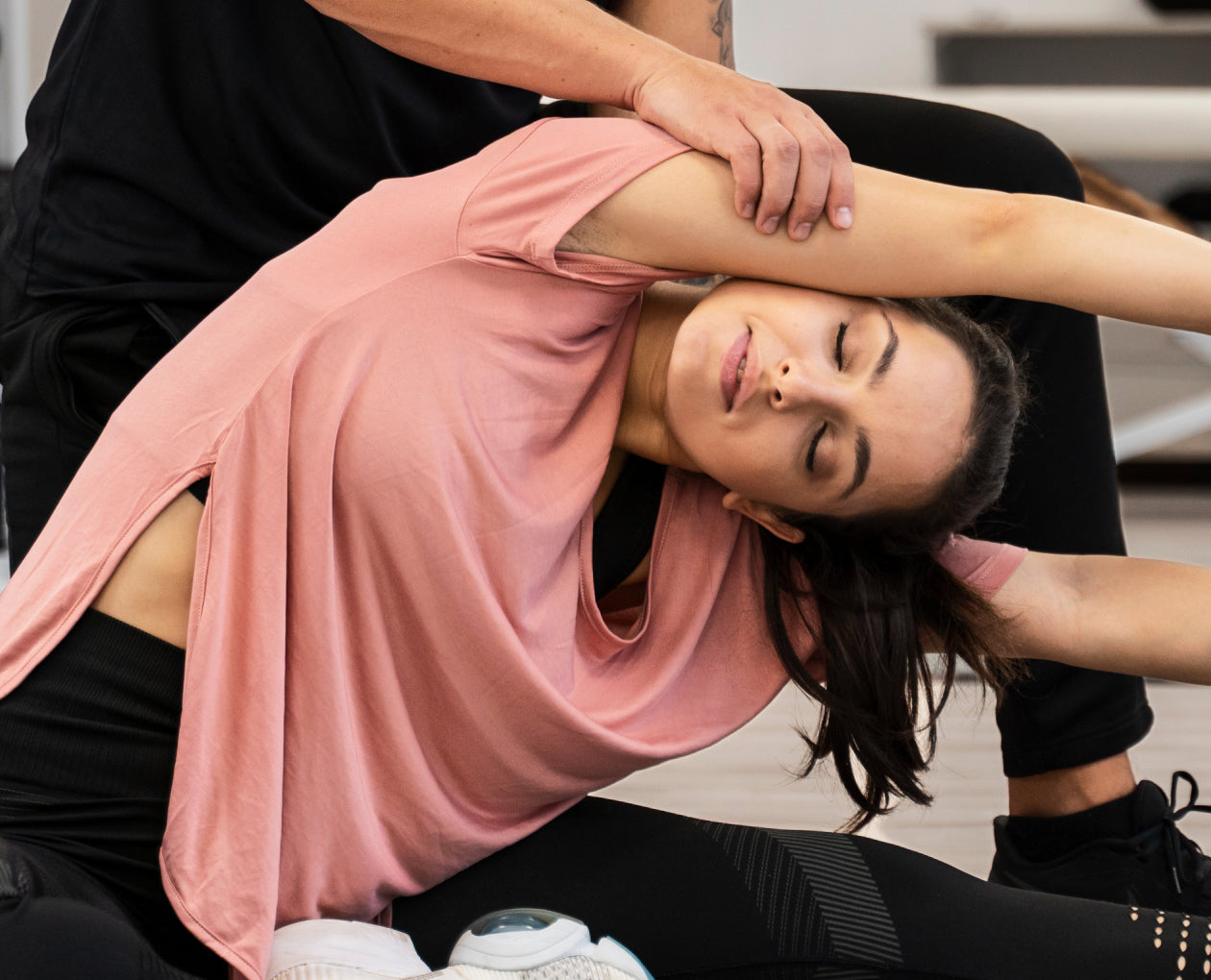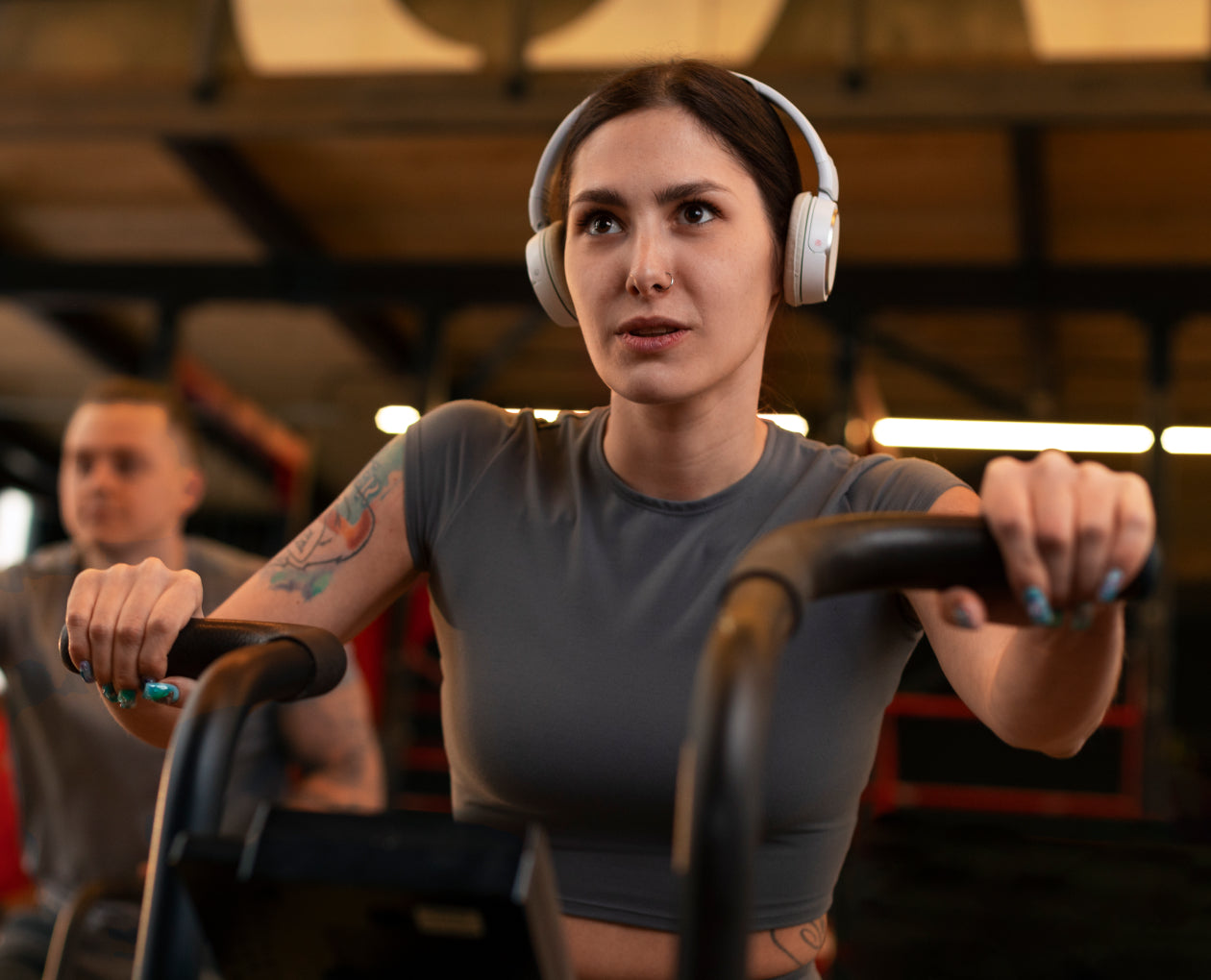Effective Strategies for Every Fitness Level
Achieving your fitness goals requires a well-structured approach tailored to your unique needs and abilities. Whether you're a beginner just starting your fitness journey, an intermediate looking to break through plateaus, or an advanced athlete aiming to fine-tune your regimen, implementing effective strategies can make all the difference. This guide explores practical, level-specific tactics to maximize your gym workouts and help you reach your full potential.
For Beginners: Building a Solid Foundation
Starting at the gym can be overwhelming, but with the right approach, you can build a strong foundation for future success. Begin with a focus on learning proper form and technique for basic exercises, such as squats, deadlifts, and bench presses. These compound movements are essential for developing strength and muscle coordination. It's also important to start with lighter weights and gradually increase the load as your confidence and abilities grow.
Cardiovascular fitness is another key component for beginners. Incorporate moderate-intensity cardio sessions, such as brisk walking or cycling, to improve your endurance and overall health. Aim for at least 150 minutes of cardio per week, spread across multiple sessions.
For Intermediates: Overcoming Plateaus
If you've been working out consistently but have noticed your progress stalling, it's time to mix things up. One effective strategy for intermediates is to incorporate periodization into your training plan. This involves varying the intensity, volume, and type of exercises you perform over specific periods to prevent adaptation and promote continuous improvement.
Another valuable tactic is to introduce supersets and circuit training. These methods increase workout intensity by combining exercises with minimal rest in between, boosting both muscle endurance and cardiovascular fitness. Additionally, focus on progressively overloading your muscles by regularly increasing the weights you lift, ensuring that your workouts remain challenging.
For Advanced Athletes: Fine-Tuning Your Regimen
As an advanced athlete, your primary goal may be to refine your physique, enhance performance, or compete in a specific sport. To achieve this, it's crucial to adopt a highly specialized and structured training approach. Incorporate advanced training techniques such as drop sets, pyramids, and negative repetitions to push your muscles beyond their typical limits and stimulate growth.
Nutrition also plays a critical role in supporting your advanced training efforts. Ensure that your diet provides adequate protein, carbohydrates, and fats to fuel your workouts and promote recovery. Consider working with a nutritionist to develop a meal plan tailored to your specific goals and dietary needs.
Furthermore, pay close attention to recovery strategies. Advanced training can be taxing on your body, so prioritize rest, sleep, and active recovery methods like foam rolling and stretching to prevent injuries and maintain peak performance.
Universal Strategies: Consistency and Goal Setting
Regardless of your fitness level, two universal strategies are essential for success: consistency and goal setting. Establish a regular workout schedule and stick to it, making exercise a non-negotiable part of your routine. Set both short-term and long-term goals that are specific, measurable, achievable, relevant, and time-bound (SMART). Tracking your progress and celebrating milestones can help keep you motivated and focused on your journey.
In conclusion, tailoring your workout strategies to your fitness level can significantly enhance your gym experience and outcomes. By building a solid foundation, overcoming plateaus, and fine-tuning your regimen, you can achieve your fitness goals more effectively. Remember, consistency and goal setting are your allies at every stage, ensuring that you stay on track and continue progressing. Embrace these strategies, and watch your fitness level soar.































